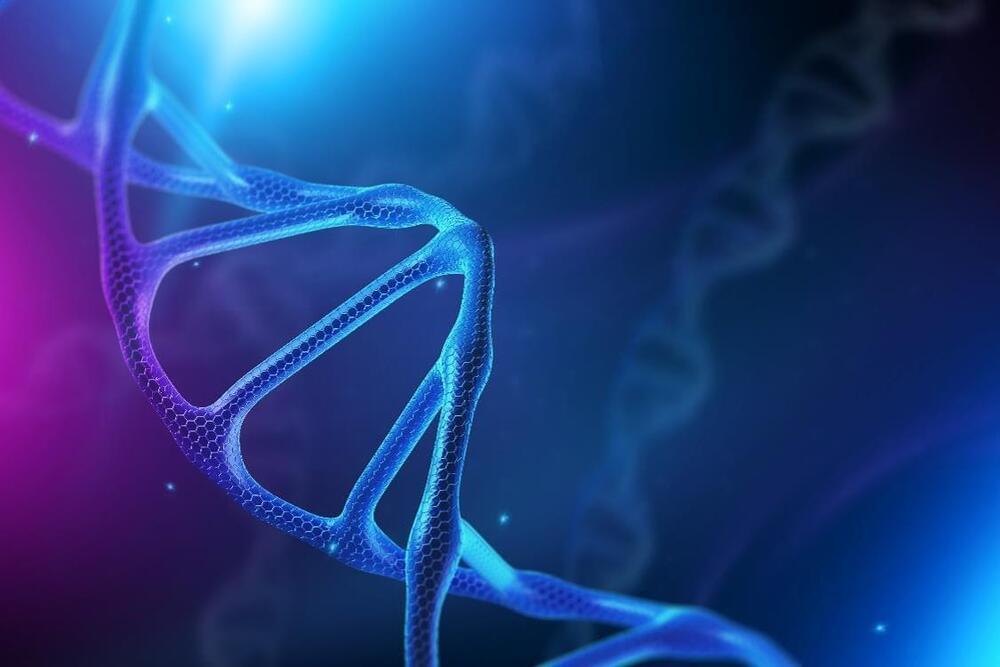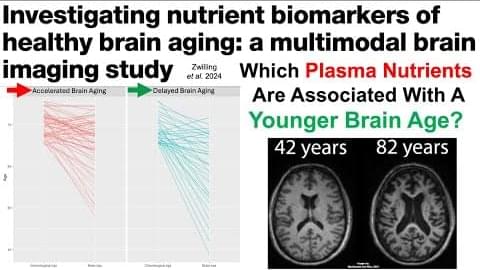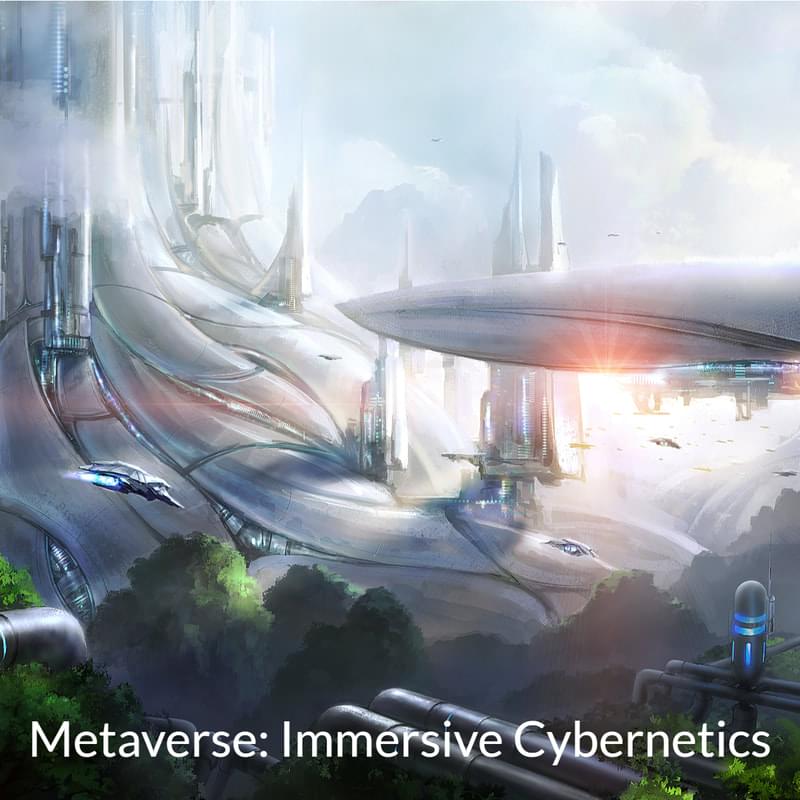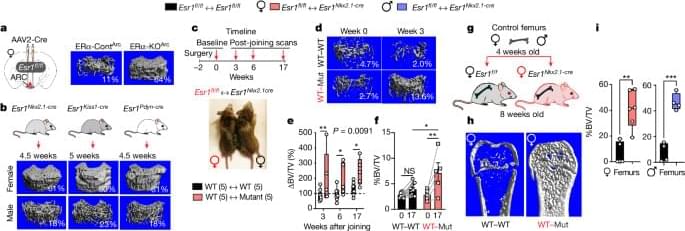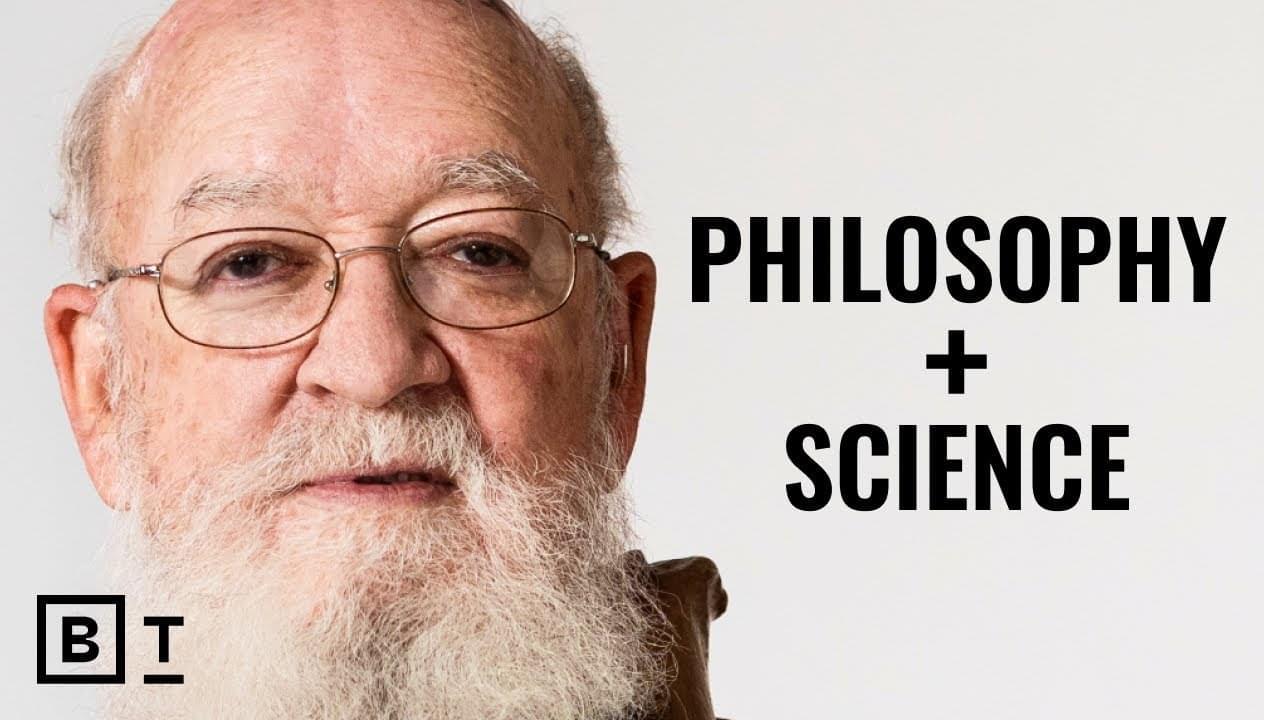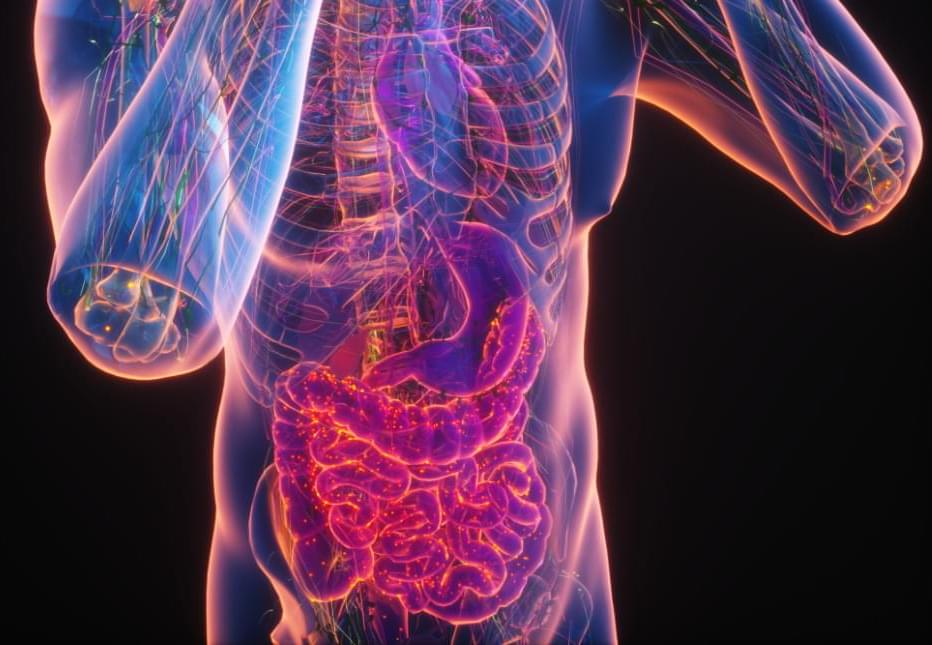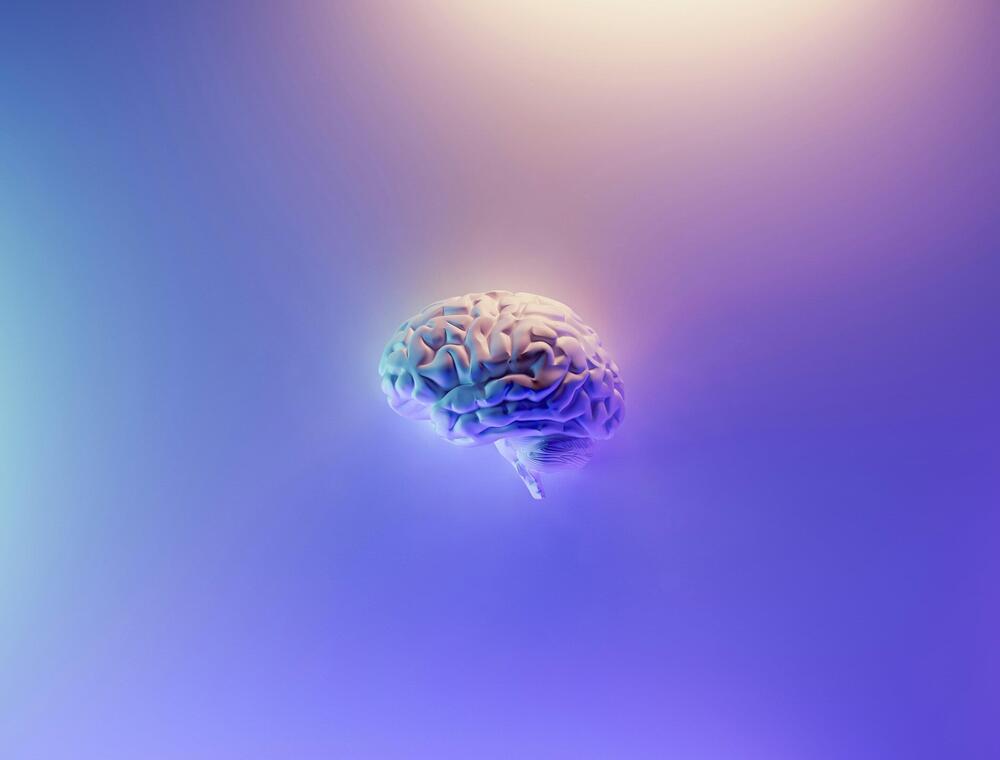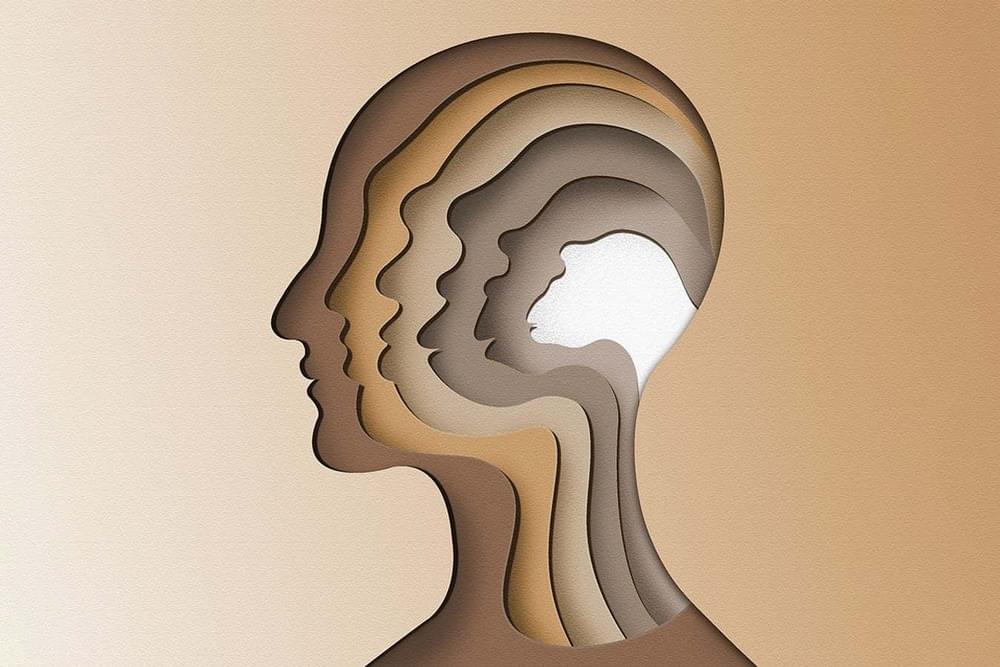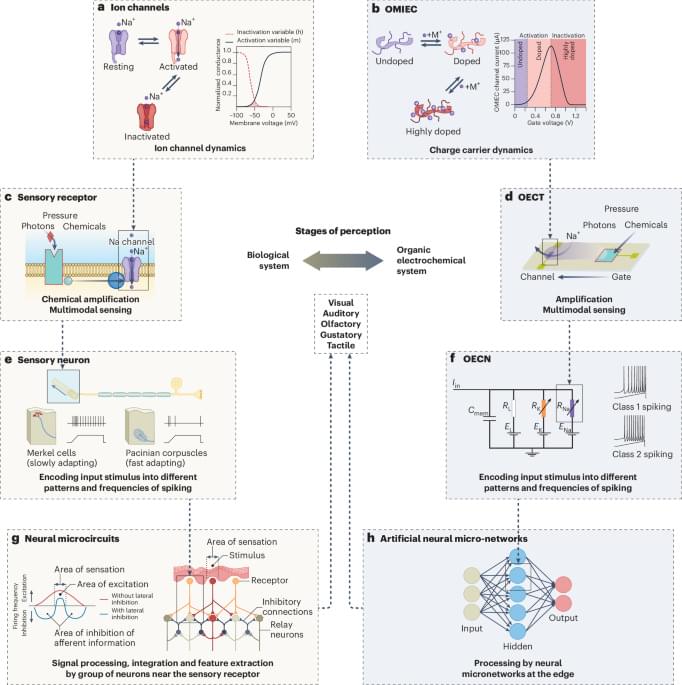Jul 10, 2024
The Promise Of CRISPR In Alzheimer’s Treatment
Posted by Shubham Ghosh Roy in categories: bioengineering, biotech/medical, genetics, neuroscience
To create one-time cures for Alzheimer’s disease, researchers are investigating the application of CRISPR-Cas9 gene-editing for novel therapies. Cutting and pasting genes is difficult with current technology, but CRISPR gene editing may help later stages or those individuals with hereditary mutations. Variants in the lipid transport protein apolipoprotein E (APOE4) have been associated with late-onset Alzheimer’s disease, with a three-to twelve-fold increase in risk.
Researchers engineered the Christchurch gene variation into mice bearing human APOE4 using CRISPR. After that, these mice were crossed, resulting in progeny that carried one or two copies of the modified variation.
The group discovered that mice bearing a single copy of the APOE4-Christchurch variation exhibited a partial defense against Alzheimer’s disease. The disease did not exhibit typical symptoms in mice carrying two copies. The work mimics the advantageous effects of the Christchurch mutation to propose possible treatment strategies for Alzheimer’s disease associated with APOE4.
